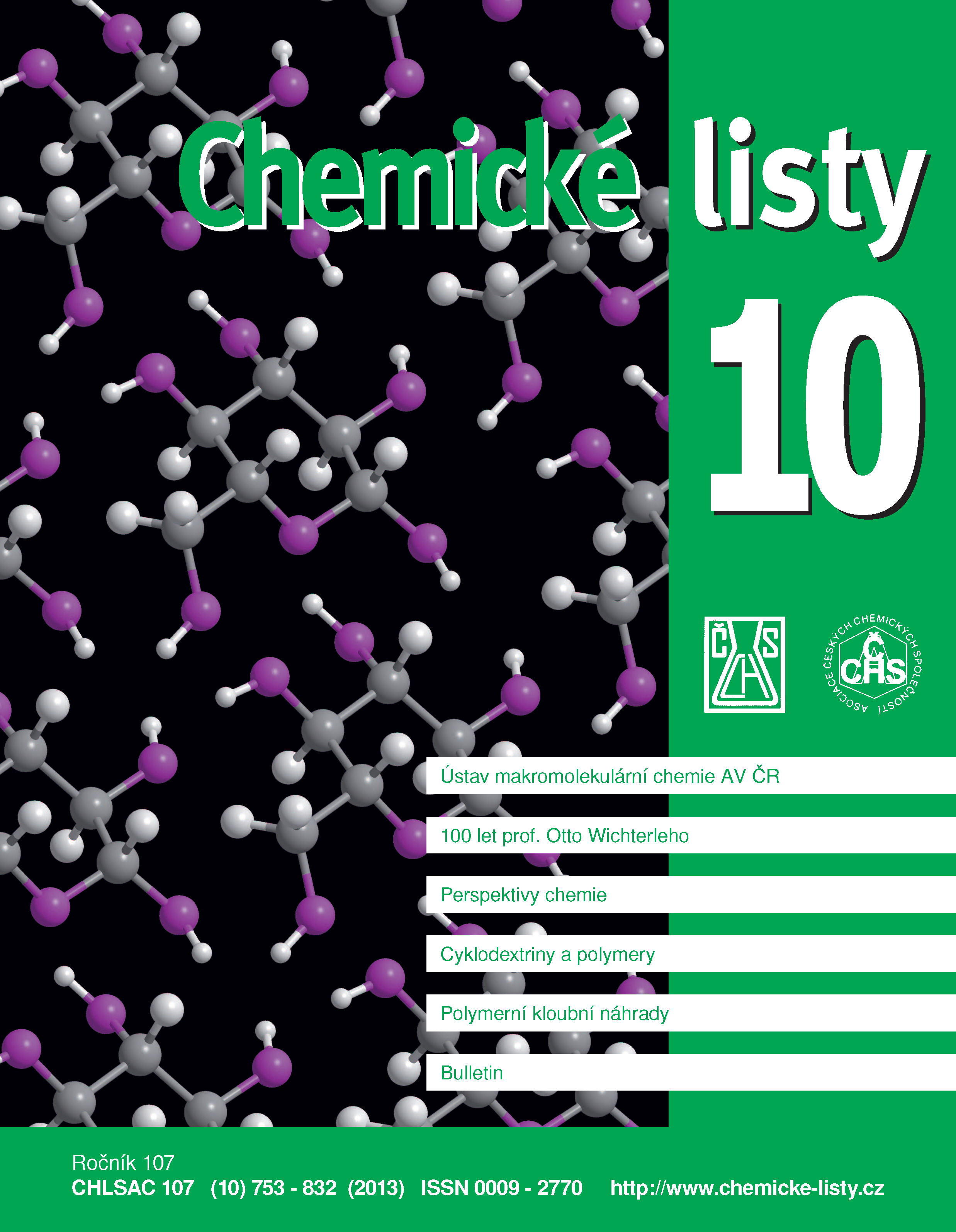Solid-state NMR Characterization of Solid Dispersions of Drugs in Polymer Matrices by NMR Spectroscopy
Keywords:
solid state NMR spectroscopy, bioavailability increase, solid dispersions, correlation experimentsAbstract
Unfortunately promising pharmaceutical substances currently discovered are strongly hydrophobic exhibiting thus low bioavailability. One of the promising ways out is increasing solubility and bioavailability of these substances and reformulation of poorly water-soluble drugs into the form of solid dispersions in water-soluble polymer matrices. In this brief review we present an introduction to the problems of poorly water-soluble drugs, discuss the classification of the prepared solid dispersions and, in particular, focus on their structure characterization by solid-state NMR spectroscopy that is a powerful tool for detailed and fast pharmaceutical product analysis. As demonstrated the primary structural features discerning various types of solid dispersions can be revealed by basic 13C MAS NMR and 13C CP/MAS NMR experiments. The experiments T1(1H) CP/MAS, T1ρ(1H) CP/MAS NMR then provide clear information on morphology and the extent of incorporation of active pharmaceutical ingredient (API) in polymer matrix. Finally 2D correlation techniques such as 13C-1H HETCOR NMR, 1H-1H BABA MAS NMR allow finding the structure motifs that are responsible for interaction between API and polymer chains. ssNMR experiments, presented in this review, bring the option for fast and exact identification and detection of structure details and mobility of API in polymer matrices in a relatively short experimental time. By combining these experiments it is possible to expect the influence of bioavailability of API in solid dispersion.





